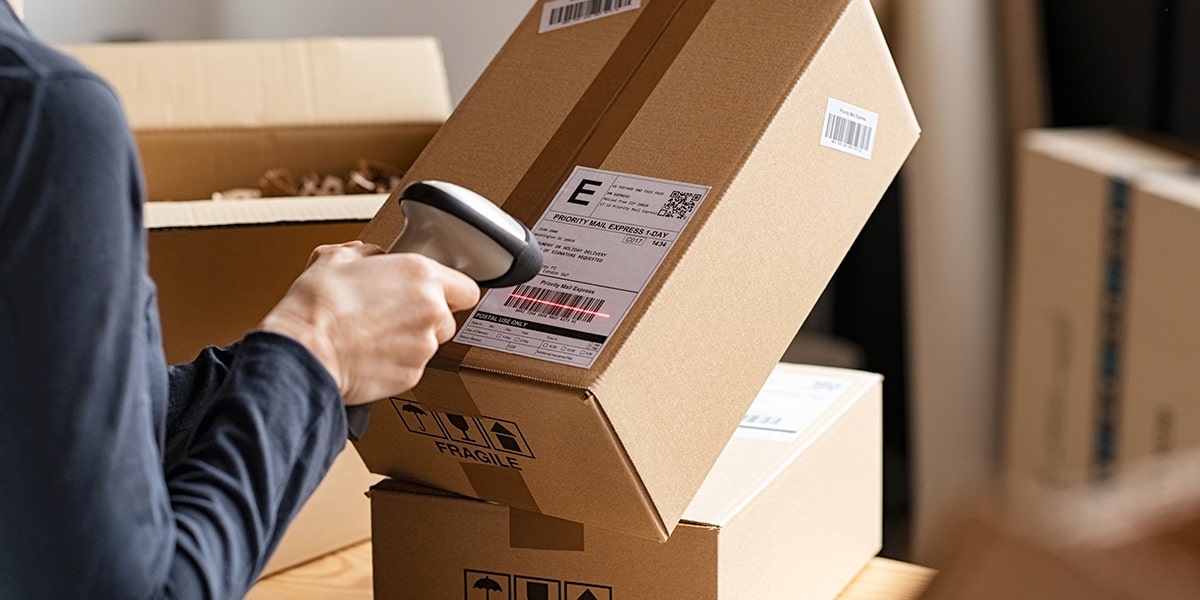RoHS Compliance Testing for Packaging with Electronics
The Restriction of Hazardous Substances Directive (RoHS) is a European Union directive that aims to reduce environmental pollution by restricting the use of hazardous substances in electrical and electronic equipment. This includes packaging materials, as they often contain components with restricted substances like lead, mercury, cadmium, hexavalent chromium, polybrominated biphenyls (PBB), and polybrominated diphenyl ethers (PBDE).
RoHS compliance testing for packaging with electronics is a critical step in ensuring that the materials used in product packaging are free from these restricted substances. This service involves comprehensive analysis of packaging components, including labels, adhesives, inks, and any other parts that come into contact with electronic devices.
The testing process typically starts with sample preparation, where the packaging material is cut or sliced to an appropriate size for analysis. The samples are then subjected to various analytical techniques such as Inductively Coupled Plasma Mass Spectrometry (ICP-MS), X-ray Fluorescence Spectroscopy (XRF), and Gas Chromatography-Mass Spectrometry (GC-MS) to detect the presence of restricted substances.
Testing for RoHS compliance is not only important for meeting regulatory requirements but also for protecting brand reputation. Non-compliance can lead to significant financial penalties, reputational damage, and even legal actions. Furthermore, companies that comply with RoHS standards are more likely to maintain a competitive edge in the global market.
Our laboratory uses cutting-edge technology and adheres strictly to international standards such as ISO/IEC 17025 for proficiency testing and validation of our analytical methods. We ensure that all tests are conducted under controlled conditions, and we provide detailed reports that include raw data, interpretation, and actionable recommendations.
For R&D engineers and quality managers, understanding the nuances of RoHS compliance is crucial. By ensuring packaging materials meet these standards, companies can prevent issues such as product recalls and ensure long-term sustainability. Compliance also opens up new market opportunities in regions that have adopted similar regulations or are considering implementing them.
Why It Matters
RoHS compliance testing is essential for several reasons:
- Mandatory Regulatory Requirements: RoHS standards apply to electrical and electronic equipment, including packaging materials. Non-compliance can lead to severe penalties.
- Brand Reputation Protection: Maintaining a clean reputation is crucial in the consumer products industry. Compliance helps prevent damage to brand image.
- Market Access: Meeting RoHS standards opens doors to markets that have adopted similar regulations or are considering implementing them.
The importance of RoHS compliance cannot be overstated, especially for companies involved in the design and manufacturing of packaging with electronics. By ensuring adherence to these standards, businesses can avoid costly mistakes, protect their reputation, and stay competitive in a global market.
International Acceptance and Recognition
The RoHS Directive has been widely accepted and implemented across the globe. Countries like China, Japan, South Korea, and India have adopted similar regulations or are in the process of doing so. This global acceptance highlights the importance of RoHS compliance for international trade.
| Country | Regulation | Status |
|---|---|---|
| European Union (EU) | RoHS Directive 2011/65/EU | Comprehensive implementation and enforcement |
| China | Circular 125 of the Ministry of Industry and Information Technology (MIIT) regarding the "Management Measures for the Restricted Use of Certain Hazardous Substances in Electronic Information Products" | Mandatory compliance with strict deadlines |
| Japan | Environmentally Friendly Packaging Act | Compliance encouraged through incentives and penalties |
| South Korea | RoHS Equivalent Directive | In the process of implementation with planned deadlines |
| India | Provisions for RoHS compliance in draft regulations | Pending finalization and enforcement |
The global trend towards stricter environmental policies underscores the importance of RoHS compliance. By adhering to these standards, companies can ensure their products meet international requirements and are ready for export.
Use Cases and Application Examples
- Electronics Packaging: Testing packaging materials used in the transportation of electronic devices ensures that they do not contain restricted substances.
- Label Adhesives: Labels on electronics often use adhesives. These adhesives must be free from prohibited chemicals to comply with RoHS regulations.
- Inks and Coatings: Inks and coatings used in packaging for electronic products must also meet RoHS standards to prevent contamination of the product.
| Use Case | Description | Impact |
|---|---|---|
| Electronics Packaging: | Taking samples from packaging materials used in the transportation of electronic devices. | Ensures compliance with RoHS standards and prevents contamination of electronics. |
| Label Adhesives: | Testing adhesives on labels to ensure they do not contain restricted substances. | Avoids issues with label peeling or failure, ensuring long-term adherence. |
| Inks and Coatings: | Analyzing inks and coatings used in packaging for electronic products. | Prevents contamination of the product and ensures compliance with RoHS regulations. |
The use cases highlighted above illustrate the critical role that RoHS compliance testing plays in ensuring the integrity and safety of packaging materials. By adhering to these standards, companies can ensure their products are safe for consumers and meet international regulatory requirements.





